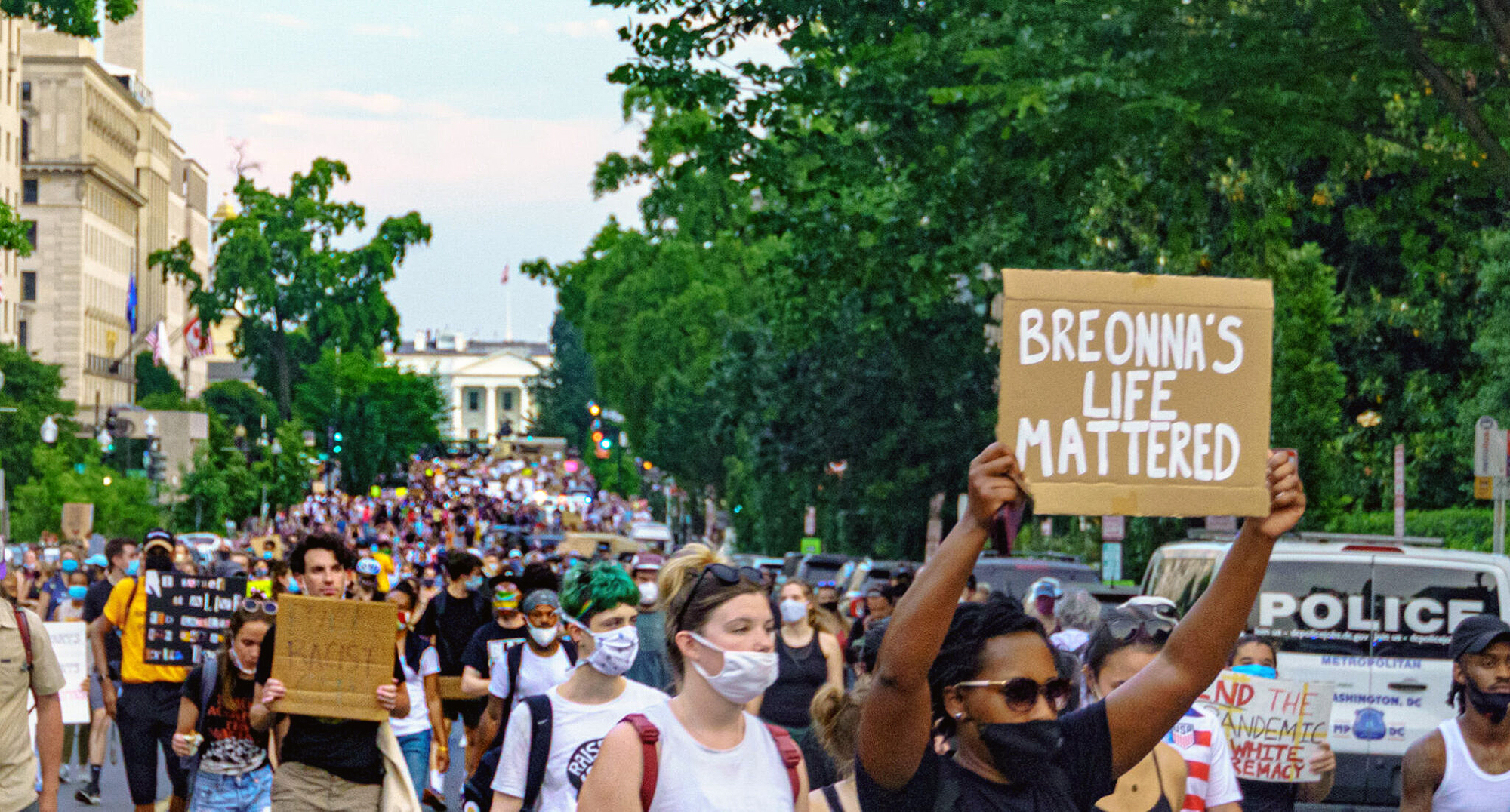

Opposition to the King and his "malignant" supporters was strongest in the covenanting counties of the south-west - Lanark, Ayr, Renfrew, Wigtown and Kirkcudbright - from where the Whiggamore Raid of 1648 had driven the pro-Royalist Engagers from power in Scotland. However, Cromwell's victory over the Covenanter army at the battle of Dunbar in September 1650 was regarded by many as an indication of divine disapproval of the Scots' acceptance of an ungodly King. The ruling Committee of Estates was dominated by the fundamentalist Kirk Party which struggled to keep Charles under its control by banishing his closest supporters and by purging the army and government of all but strict Covenanters. pp. 460–467.Although Charles II was accepted as King of Scots after signing the Treaty of Breda in May 1650, few in Scotland believed him to be sincere in his devotion to the Covenant. This article incorporates text from a publication now in the public domain: Chisholm, Hugh, ed."Reformation History: The Engagement (1647)". The Reformed Presbyterian Church (2010).A history of Scotland (3, illustrated ed.). ^ One or more of the preceding sentences incorporates text from this source, which is in the public domain : Chisholm 1911, p. 462.^ The Reformed Presbyterian Church 2010.English invasion of Scotland in Third English Civil War.Third Civil War in Scotland in the Wars of the Three Kingdoms.

The period of the Commonwealth was filled with the strife between these two parties, its bitterness not lessened by the fact that the assembly, dissolved in 1653 by Cromwell's soldiers, was not allowed to meet again in his protectorate. The Resolutioners, or supporters of the resolution to rescind that act (such as James Sharp), were opposed by the Protesters, the rigid adherents to the strictest interpretation of the Covenant (such as Patrick Gillespie and James Guthrie).

The rescinding of the Act of Classes in 1651 led to a serious breach in the ranks of the Scottish clergy.

Its broad wording not only banned those who had fought with or supported Royalists such as Marquess of Montrose, it also banned those who had supported the Engagement (now discredited and political weakened after the Engager's army's defeat at the Battle of Preston (1648)), those who had not vehemently protested against the Engagement and those not of upright character. The act banned Royalists from holding public office. Royalists banned from holding public office Against sizeable opposition the rescinding of the Act took effect on 13 August 1650. It banned Royalists and those who had supported the Engagement from holding public office including positions in the army. It was probably drafted by Lord Warriston, a leading member of the Kirk Party, who along with the Marquess of Argyll were leading proponents of its clauses. The Act of Classes was passed by the Parliament of Scotland on 23 January 1649.


 0 kommentar(er)
0 kommentar(er)
